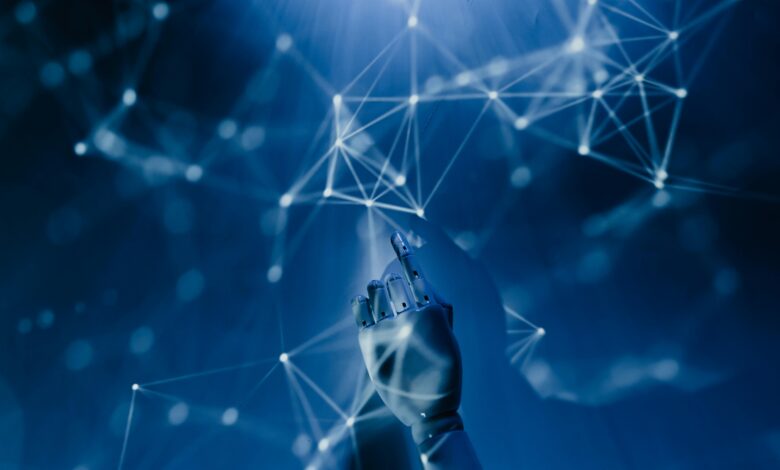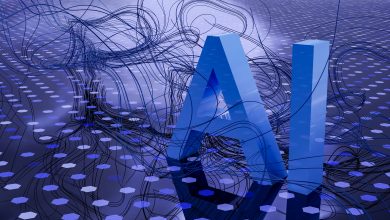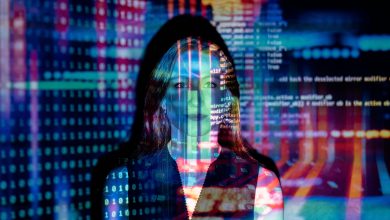
AI is fast becoming if not already become the great equalizer in today’s startup ecosystem. With access available at little to no cost to pre‑trained models, solo founders and small teams are redefining what it means to run a business. Yet as individuals’ upskill and micro‑teams shrink, new questions emerge around collaboration, community, and the human bonds that fuel innovation.
AI as the Great Equalizer
Just a few years ago, a sophisticated ML infrastructure required deep pockets and large engineering teams. Now, public cloud APIs allow anyone to deploy very sophisticated multi-modal models with a few lines of code. I can personally tell you I built my platform with under $5K in infrastructure fees. No‑code platforms using prompt to product strategy (such as Loveable and Replit) further lower barriers, enabling non‑technical founders to mock up a prototype in a couple of hours. This accessibility empowers individuals to actually become a jack of all trades thus accelerating product launches and iteration cycles.
The Upskilling Revolution
As AI suggests it will handle routine tasks human contributors will be able to focus on strategic thinking and creative problem‑solving. The current sentiment in the workplace indicate a surge in employees learning prompt engineering, data visualization, and basic scripting to stay relevant in an AI‑augmented world. The result is a growing cohort of “T‑shaped” professionals who mix domain expertise with technical fluency. This transformation mirrors past industrial shifts, where mechanization liberated workers from manual drudgery and elevated them into supervisory roles. We shall wait to see if the true problem-solving goes to employees or will AI be able to surpass them in that areas as well.
Shrinking Teams, Expanding Roles
Startups built on AI often operate with lean teams of three to five individuals, each augmented by specialized agents that automate discrete functions. A single engineer might deploy a sales‑enablement bot in the morning, refine data pipelines in the afternoon, and host a customer‑insights session by evening all connected to their internal ecosystem of AI agents. This fluid division of labor keeps teams lean and allows them to move fast or as they say ‘fail fast’. As everyone becomes a bit of a developer, designer, and strategist, hierarchies flatten and decision‑making cycles compress.
The Community Conundrum
However, these same forces that empower individuals can inadvertently erode communal ties. The rapid pivot to remote and asynchronous collaboration has already tested our sense of belonging; tool‑driven autonomy risks further atomization. If each founder or micro‑team spins up bespoke agents to handle daily workflows, informal knowledge‑sharing and serendipitous encounters may vanish. Without intentional efforts to bring people together, we risk replicating the isolation experienced at the height of the COVID‑19 lockdown.
Reinventing Connection
To preserve the social fabric that underpins collective creativity, organizations must reimagine community in an AI‑first world:
- Project‑Based Cohorts: Form small, cross‑functional pods that rally around tangible challenges, sharing code snippets, prompts, and learnings in real time.
- Hybrid Innovation Labs: Blend in‑person workshops with virtual AI‑assisted brainstorming sessions, where participants partner with agents to prototype solutions on the fly.
- AI‑Powered Mentorship Platforms: Use intelligent matchmaking algorithms to connect mentors and mentees based on skills needed, project goals, and complementary strengths. Supplement human relationships rather than replacing them.
Looking Ahead: A New Social Contract
As AI democratization accelerates, the social compact between organizations and contributors must evolve. Flexible work arrangements, stipend‑based community forums, and micro‑grant programs for open‑source AI projects can knit together a distributed network of innovators. Think back to the time where Google encouraged employees to work on their own side project and the many brilliant ideas that came out from that era. By prioritizing shared purpose over siloed autonomy, we can harness the full creative potential of individual upskilling without sacrificing the human connections that drive breakthrough ideas.
Democratizing AI promises to unleash a wave of creativity, empower solo entrepreneurs, and shrink the time from concept to market. Yet the real challenge lies not in mastering prompts or integrating APIs, but in sustaining the communities that ignite collective progress.





